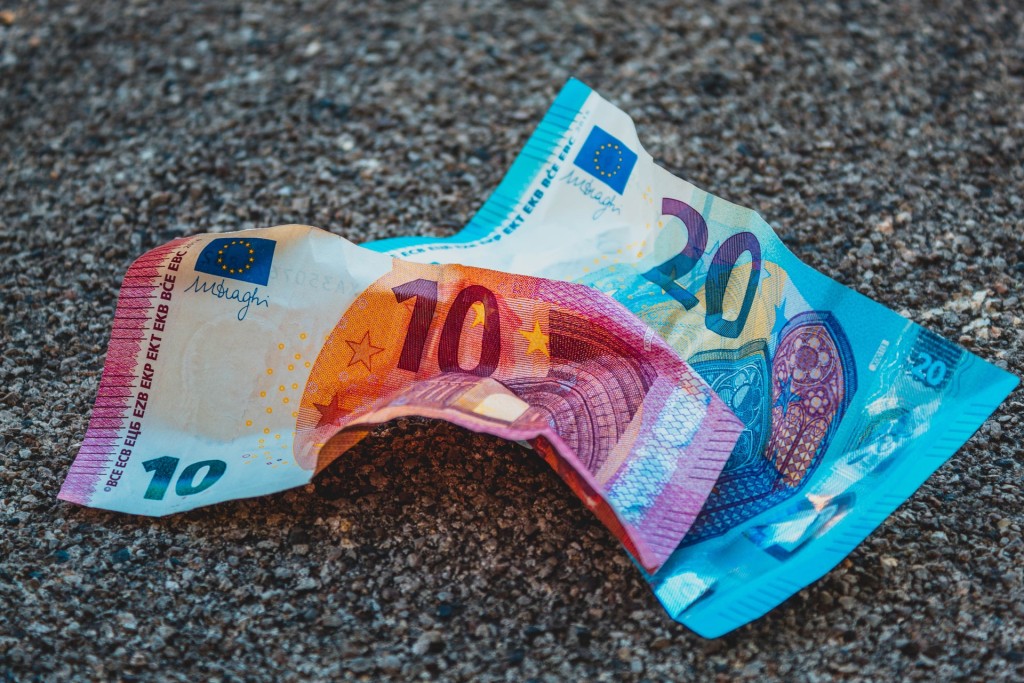
There Is No Such Thing as “Real Price”
I often hear the phrases \'real price\' or \'justified price\', for example, in the question of ambulances or hospitals. They make my economic hair stand on end. It reminds me of how deeply embedded healthcare is in the price thinking of planned economics. Before 1989 in Slovakia, the whole economy was run on the principle of price. A manager in a company calculated the price of steel, plastic, and man-hours to produce one Škoda 120 car, for example.










